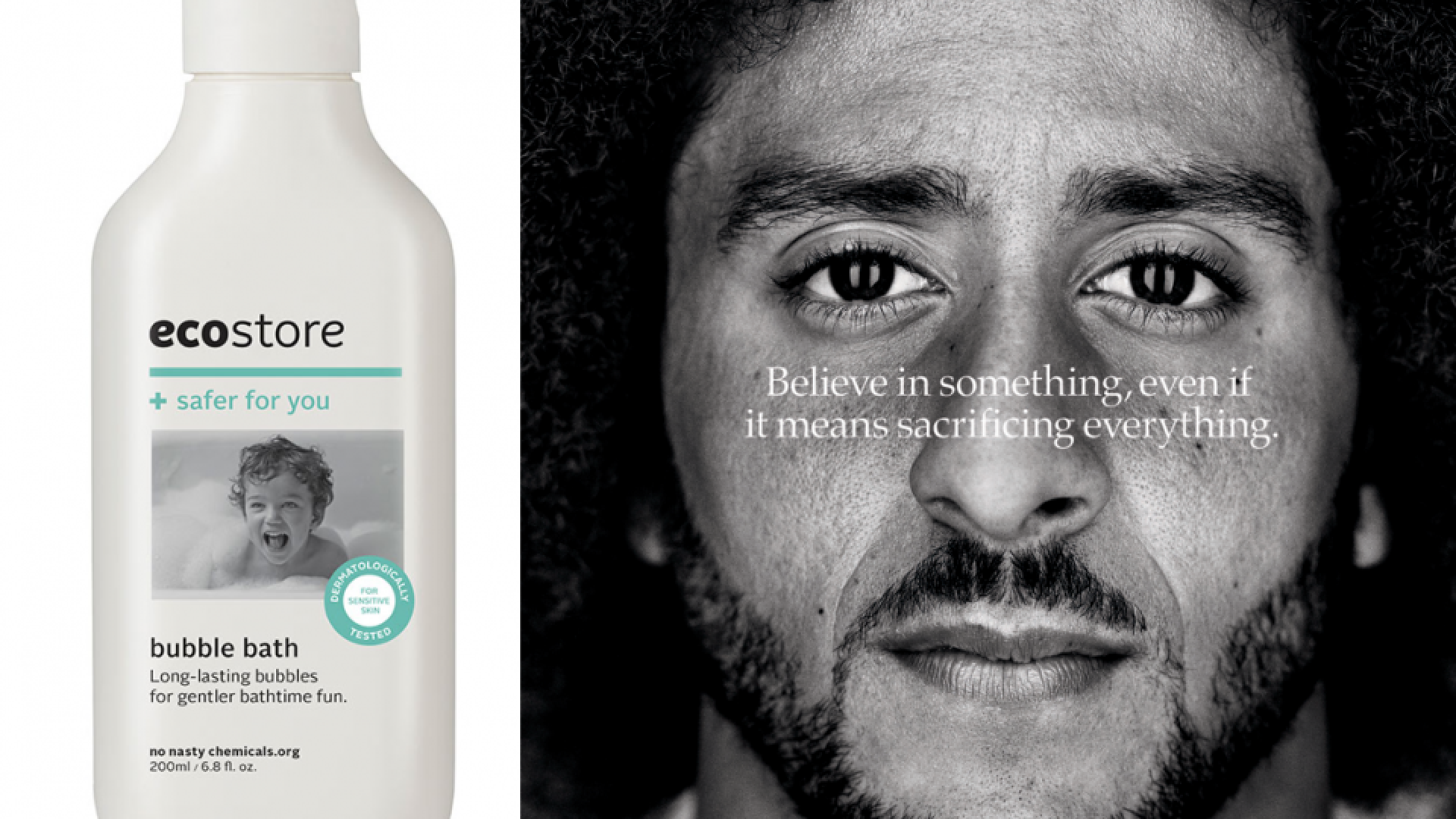I recently attended the Digital Day Out (DDO) and noted that pretty much every speaker spoke about the need to be authentic. Speakers included a Google exec, a panel of social influencers, an AR/VR specialist and an online e-sports gaming marketer. I couldn’t help but laugh at the irony of a whole bunch of people making money by distorting reality espousing the virtues of authenticity. It made me question my own interpretation of what authenticity is.
I’d forgotten all about it until a couple of days ago when I saw Ecostore was awarded NZ’s most authentic brand. They are a company I admire – and genuinely think are authentic. And that’s not just because we were part of the team that launched the brand from niche category to mass marketing.
For me, being authentic is about being clear about what you stand for (beyond making money) and consistently speaking and acting in a way that reinforces this position. I find brands like Whitaker’s, Kathmandu and Air New Zealand highly authentic because every experience I have with them reinforces what I know they believe in. It’s not just about supporting good causes but delivering consistent brand experiences.
When Dove began its Campaign for Real Beauty in 2004 it transformed from a commercial soap-seller to a company with a strong social vision - “beauty should be a source of confidence and not anxiety.” By consistently aligning its marketing efforts with this vision, Dove has truly championed women’s empowerment. The sustained effort and resources Dove have consistently put into changing the advertising industry’s view of beauty has made them genuine and credible. As a result, people listen, believe and buy from them with confidence.

One of the DDO speakers referenced Patagonia, a company I’d heard of but wasn’t fully up to speed with. Patagonia is committed to building the best products, causing no unnecessary harm, using business to inspire and implement solutions to the environmental crisis. This informs everything they do. It comes through in their product design, manufacturing practices, culture, company fleet, energy choices, labour policies and their communications. So when we see it in their ad campaigns we know they really mean it. They’ve become my new favourite company to follow.
I’ve worked with the Mercury team for about seven years now and they are another company who said the right things but didn’t always act in a consistent way. The rebrand three years ago created a new mission and a shared vision. We see it in everything they do now. From the focus on renewable generation, to the promotion of electric vehicles, to customer offers, to staff engagement programmes, right through to their new office environment and creating wonderful experiences for their customers. They’re a company who are quickly moving up my list of authentic brands and will, without a doubt, be up with Ecostore in the awards in the next year or two.
On the other side, while everyone is pointing to Nike’s applauded Colin Kaepernick ad as an example of authentic, I find it somewhat disingenuous (though I support Colin’s stand). Firstly, because they are using the cause so blatantly for commercial gain and secondly because it still doesn’t align with my perception of their global practices. I know the underage child sweatshops are gone but I still need to see a string of ‘good behaviour’ stories before I start believing in a genuine social purpose behind their messages.
'Authentic' is fundamentally walking the talk. So if this is all about being true to what you stand for, then the DDO influencers, the Kardashians and even Donald Trump can be as authentic as Ecostore, Dove and Patagonia. Who cares how manufactured what they stand for is, as long as they do it consistently! I get that but I also suspect that it’s more than just my interpretation of authenticity that is a little bit fake here.
So if this is all about being true to what you stand for, then the DDO influencers, the Kardashians and even Donald Trump can be as authentic as Ecostore, Dove and Patagonia.
Is authenticity just about being true to yourself, consistently? Or is it about genuinely thinking good thoughts and being true to that in your behaviour and communication?
Can you manufacture authenticity and call that authenticity?
Is authenticity an admirable quality when you really think about it?

